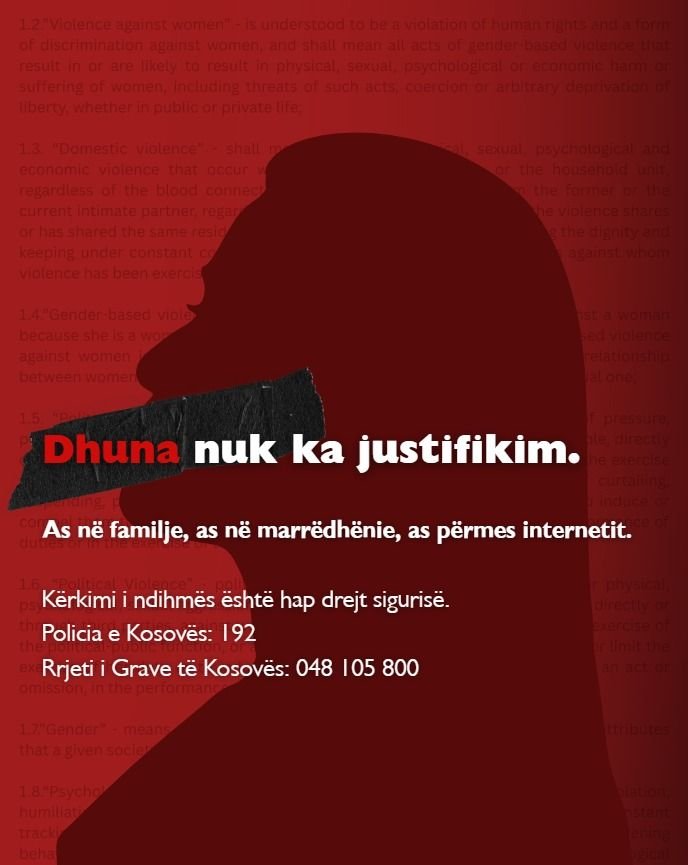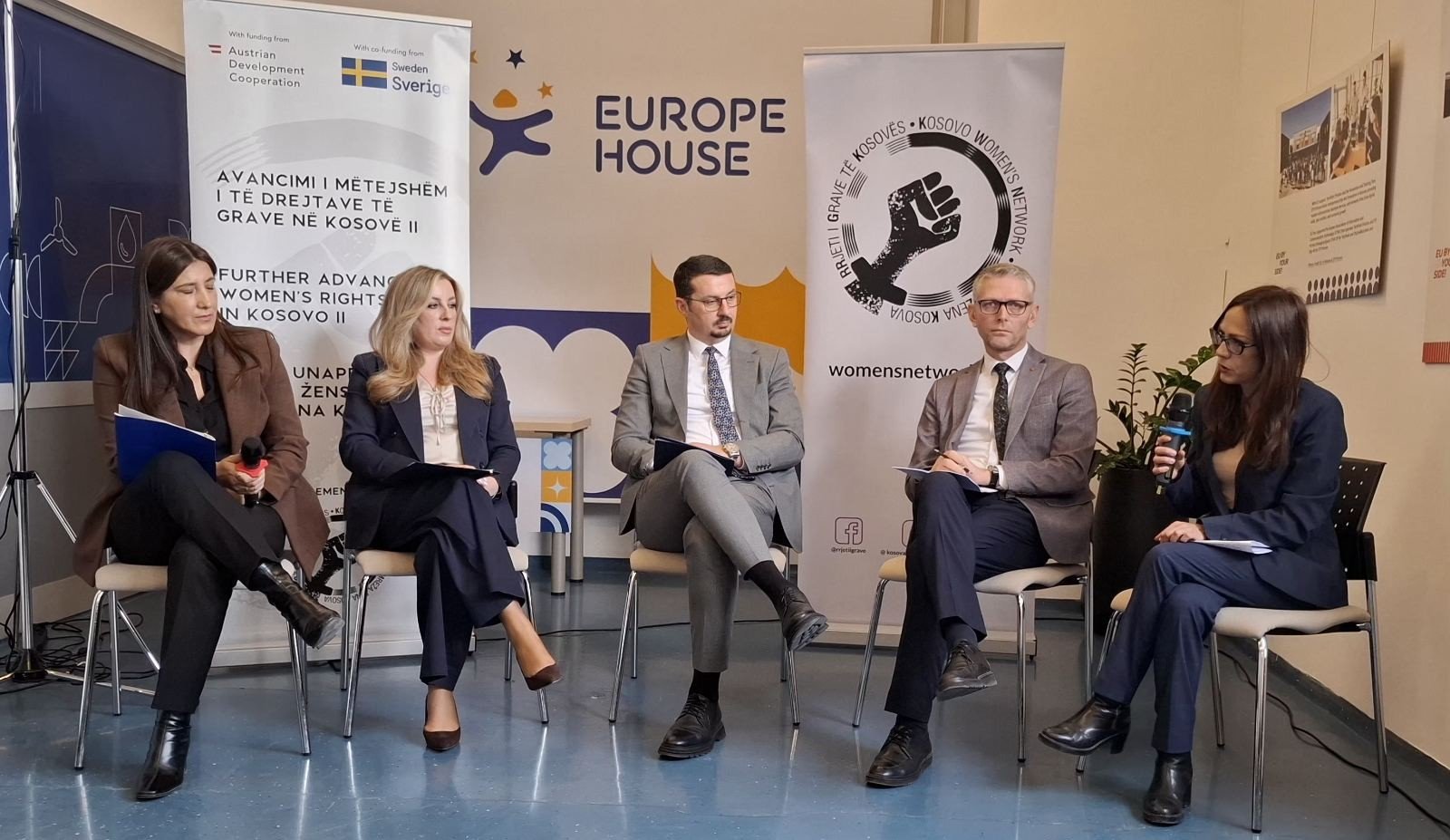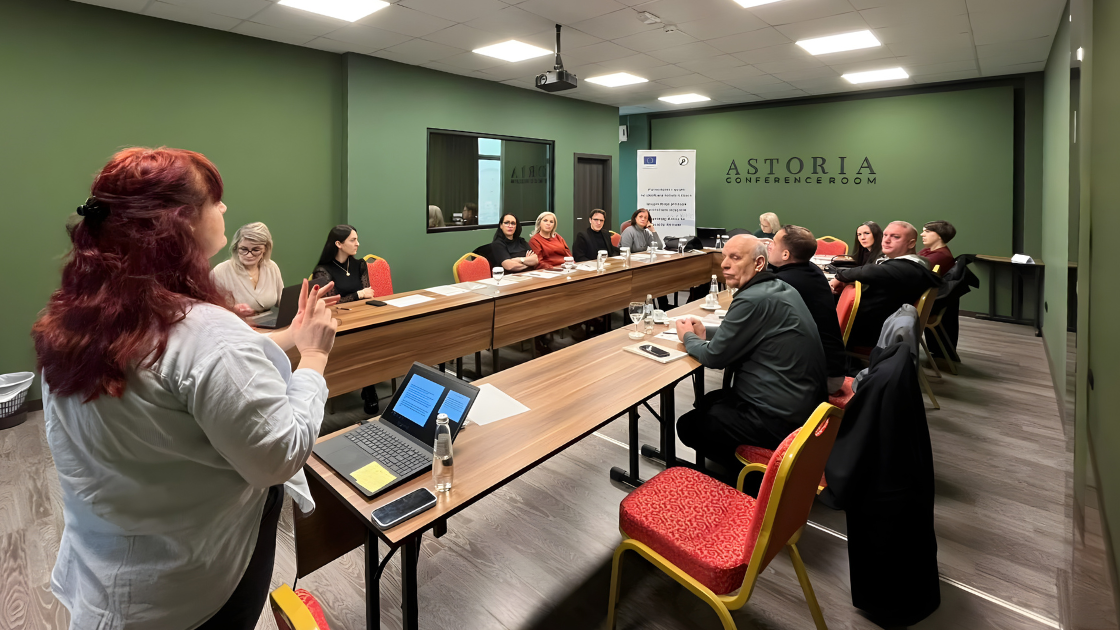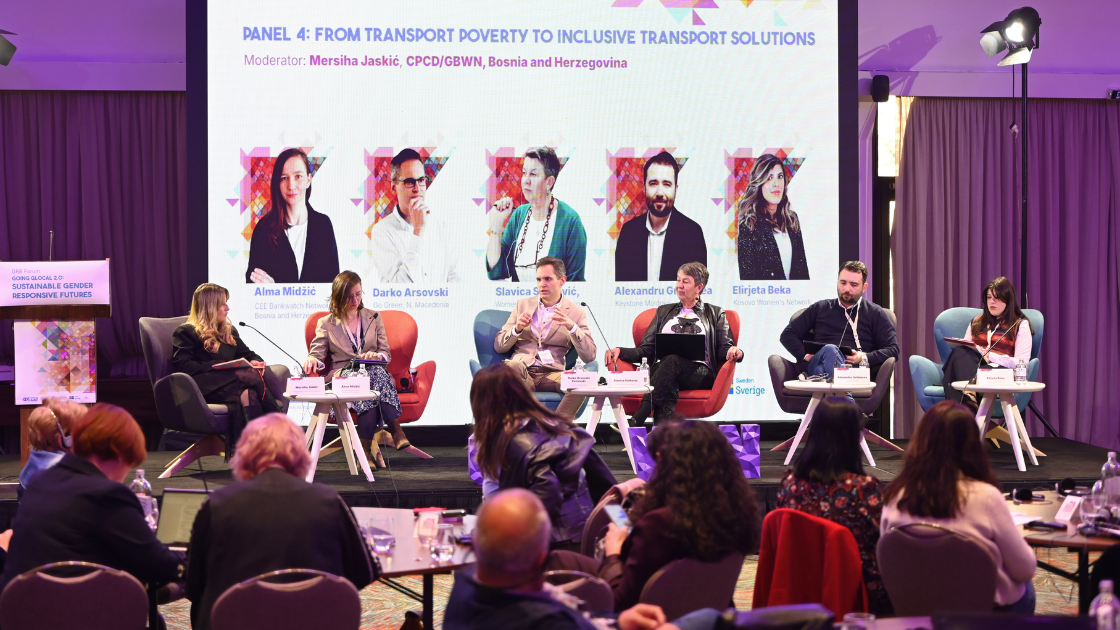Historically, the Berlin Process lacked a gender perspective. After several years of advocacy by women’s rights organisations, this has started to change. This year all sector working groups are posed to include a gender perspective, in addition to the specific group on Gender Equality and Diversity, which is particularly important in the context of shrinking space for women’s rights activists, organisations and movements.
The Kosovo Women’s Network (KWN) is proud to be part of a regional coalition of women’s rights organisations, supported by the Kvinna till Kvinna Foundation, that has been consistently preparing expert input to inform the Berlin Process. This year we have contributed to the coalition’s joint input for the working groups. Key recommendations across each sector include:
- Common Regional Market and Growth: Require that gender impact analyses are systematically conducted to inform the design of all regional cooperation agreements and evaluate their effectiveness, ensuring they do not reinforce or exacerbate gender inequalities.
- Gender and Diversity: Institutionalise gender-responsive budgeting in all Western Balkans countries as part of ongoing EU-Accession-related public finance reforms, amending legal frameworks in line with SDGs (indicator 5c1) and the Public Expenditure and Financial Accountability (PEFA) Gender Framework, towards ensuring adequate evidence-based and transparent use of public resources, including furthering gender equality.
- Reconciliation and Dealing with the Past: Ensure that all truth-telling and historical justice initiatives systematically integrate gender analysis, so that women’s experiences of conflict, including violations of sexual and reproductive rights, are fully acknowledged and not overlooked.
- Good Governance: Ensure meaningful participation of diverse women’s CSOs and gender experts in drafting, reviewing, and monitoring all legal reforms via transparent public consultation processes, including related to justice sector reforms.
- Environment, Energy, and Decarbonisation: Conduct systematically and utilise intersectional gender analyses to inform environment, climate change, and energy transition policies, in line with GAP III. Analyses should assess the differentiated impact of climate change related policies on diverse women and men, especially marginalised groups, and guide the development of inclusive, gender-responsive policies.
- Security: Ensure all security sector related reforms are based on gender analysis, considering diverse women and men’s need. Implement fully and fund adequately implementation of the Istanbul Convention and related legislation to address all forms of gender-based violence. Ensure that national strategies for addressing gender-based violence tackle systemic gaps through sustainable financing, inter-sectoral coordination, gender-disaggregated data, sufficiently trained professionals in all relevant institutions, public education and survivor-centred justice and support services.
These recommendations have been shared with the rapporteurs of the different thematic groups, and KWN looks forward to collaborating with other working group members to advocate for these recommendations to be raised within the Berlin Process, securing commitments from governments for their address.
The Berlin Process is a regional cooperation initiative that brings together Western Balkan countries and European Union members to support peace, stability, and EU integration in the Western Balkan region. Since its launch in 2014, the process has focused on fostering dialogue, economic growth, and political reform. Civil society organisations have played an increasingly important role in shaping the agenda and pushing for greater inclusion, accountability and gender equality as part of this process. This year the Civil Society Forum that prepares inputs and the Gender Equality Forum that provides insight into the process are being supported by the Government of the United Kingdom.






